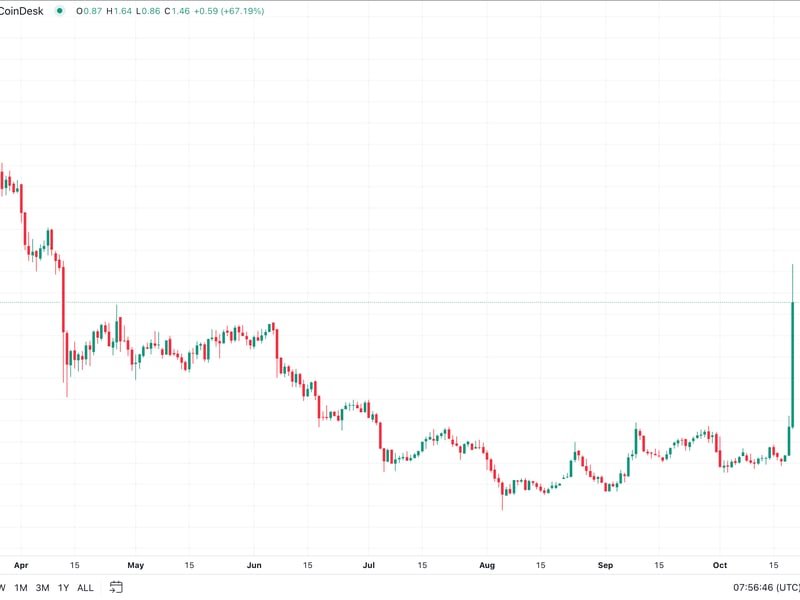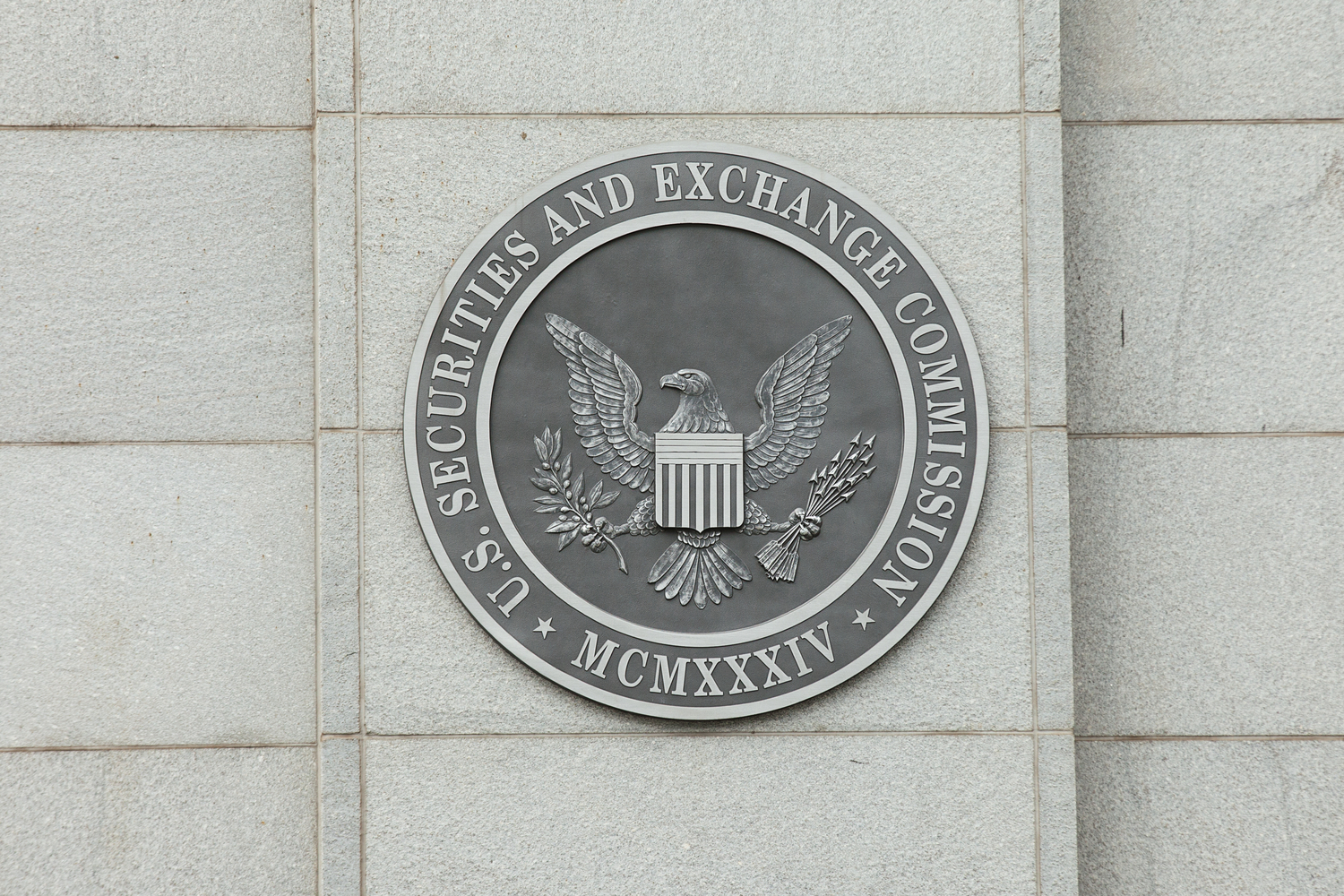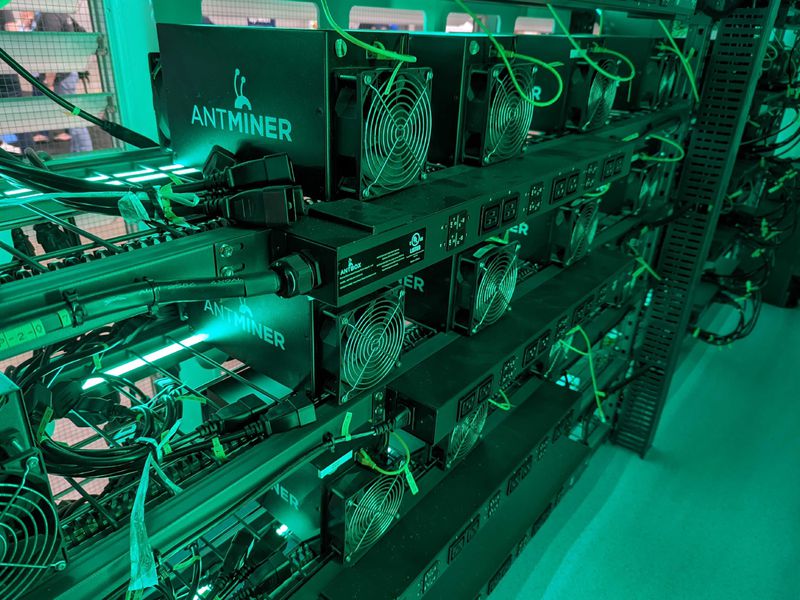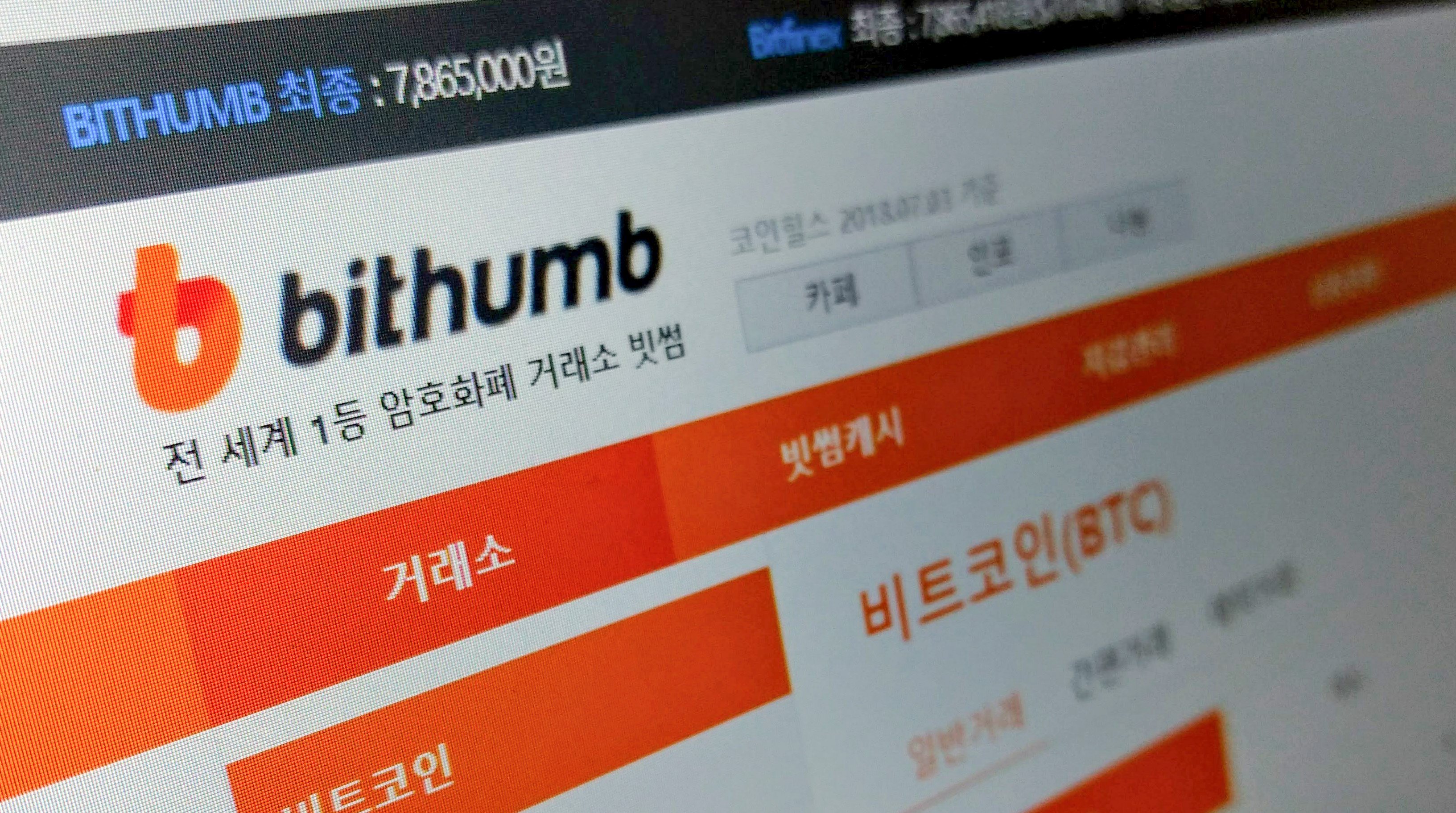Lawyers Challenging U.S. Tornado Cash Sanctions Say Free Speech Is at Stake
Are smart contracts property? Are holders of a protocol’s token members of an unincorporated association? Is banning open-source software an attack on free speech?
Those are the questions before a U.S. court in Austin, Texas, as a lawsuit from a group of crypto engineers and investors in response to sanctions placed on the Tornado Cash protocol comes closer to having its day in court.
In a court filing from late Wednesday, the plaintiffs argued that the U.S. Department of Treasury sanctions against the privacy protocol violates the International Emergency Economic Powers Act (IEEPA) by failing to correctly identify a foreign “national” and “property” related to Tornado Cash, and by not demonstrating sanctionable interest in immutable, open-source smart contracts.
“The Department has failed to establish that the immutable smart contracts can be owned,” the filing reads.
They also argue that the Treasury’s definition of Tornado Cash as an unincorporated association does not meet the test for such an association.
“There is nothing in the record to suggest that those token-holders have combined to execute the supposed ‘common purpose’ of operating, promoting, or updating the Tornado Cash privacy protocol,” the filing said.
Should the Treasury’s actions be authorized, the defendants argue that it would infringe on the First Amendment due to its broad nature.
“The Department’s action violates the First Amendment’s free speech clause as it prohibits Plaintiffs and thousands of other law-abiding American citizens from interacting with open-source code to engage in a wide range of speech protected by the First Amendment,” reads the docket.
While Tornado Cash is usually the tool of choice for hackers to obfuscate their gains such as with the hack of Crypto.com last January or the Transit Finance hack, law enforcement experts have previously cautioned that this doesn’t necessarily make it complicit in money laundering.
In the court filing, the plaintiffs argue that the evidence Tornado Cash is a tool for money laundering is “weak,” noting that the Treasury has only given “three examples of money laundering have been found from millions of transactions.”
Meanwhile, in the Netherlands, Tornado Cash developer Alexey Pertsev continues to face a trial over money laundering allegations. On Wednesday, Pertsev won the right to cross-examine blockchain analytics company Chainalysis which is often cited as a source of on-chain evidence during court cases.
Tornado Cash’s DAO was recently the victim of a vote fraud attack, and the attacker has begun to move their proceeds via Tornado Cash.
Edited by Sandali Handagama.









